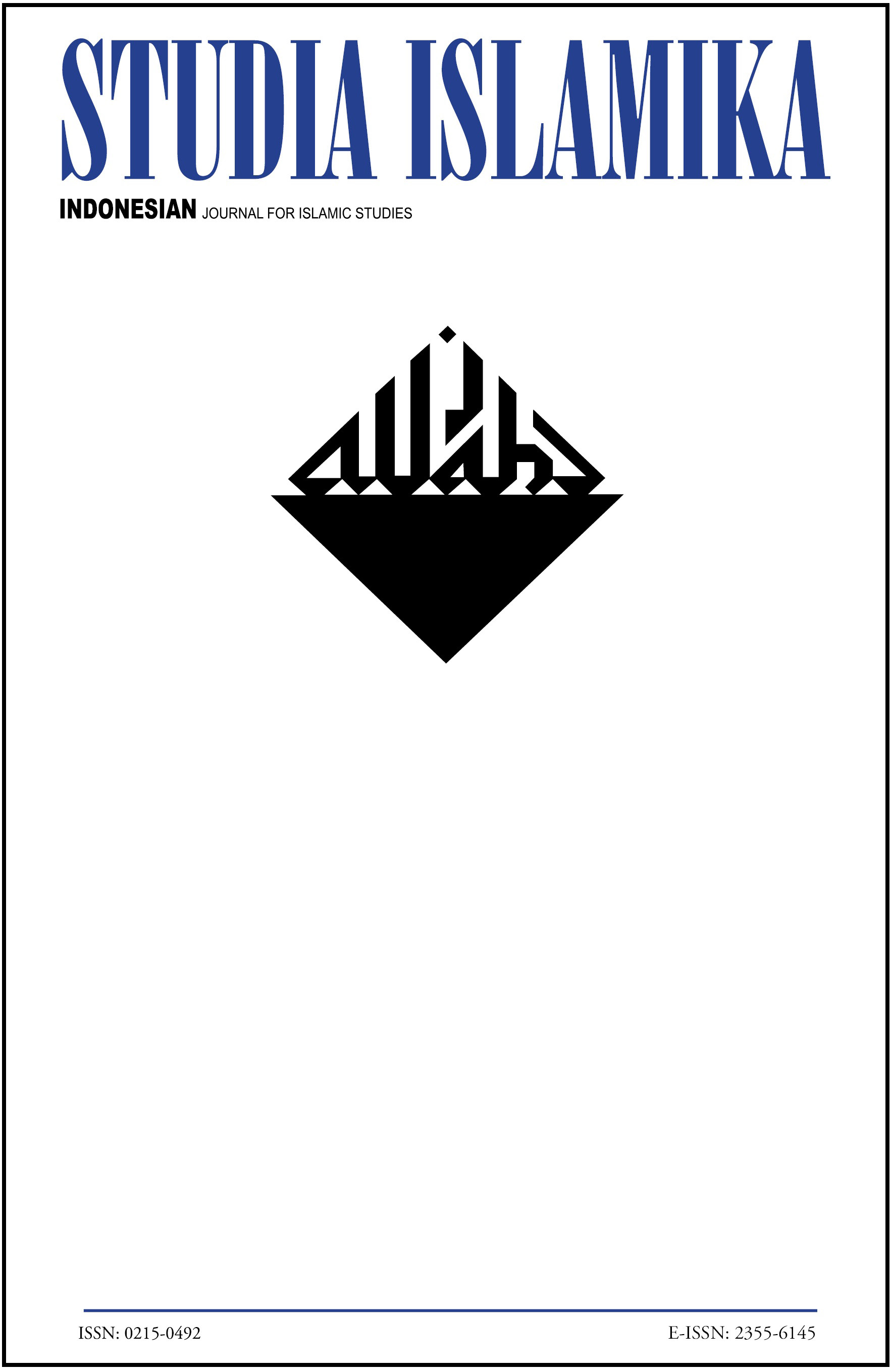Abstract
The emergence of sharia bylaws in several regions in Indonesia is increasingly worrisome. In many cases, they have generated socio-religious problems within society such as preventing the establishment of a house of worship and forbidding of religious activities, especially for minority sects such as Ahmadiyya and Shi’a. Furthermore, they also produce the discrimination against women. For example, in Tangerang City, a female worker was arrested by Civil Service Police Unit (Satuan Polisi Pamong Praja, Satpol PP) because she was accused of being prostitute because she returned home at night. Unfortunately, the basis of accusation is Perda Kota Tangerang No. 5, 2005.One of the prominent factors giving occasion to the emergence of those sharia bylaws is the political opportunity after the decline of Suharto’s New Order. Afterwards, the falling regime became a sign of this glitch. Ignoring the fact that they produce many problems within society, local governments still repeatedly produce sharia bylaws.DOI: 10.15408/sdi.v23i2.3672Authors who publish with this journal agree to the following terms:
- Authors retain copyright and grant the journal right of first publication with the work simultaneously licensed under a Creative Commons Attribution License that allows others to share the work with an acknowledgement of the work's authorship and initial publication in this journal.
- Authors are able to enter into separate, additional contractual arrangements for the non-exclusive distribution of the journal's published version of the work (e.g., post it to an institutional repository or publish it in a book), with an acknowledgement of its initial publication in this journal.
- Authors are permitted and encouraged to post their work online (e.g., in institutional repositories or on their website) prior to and during the submission process, as it can lead to productive exchanges, as well as earlier and greater citation of published work.
Downloads
Download data is not yet available.

